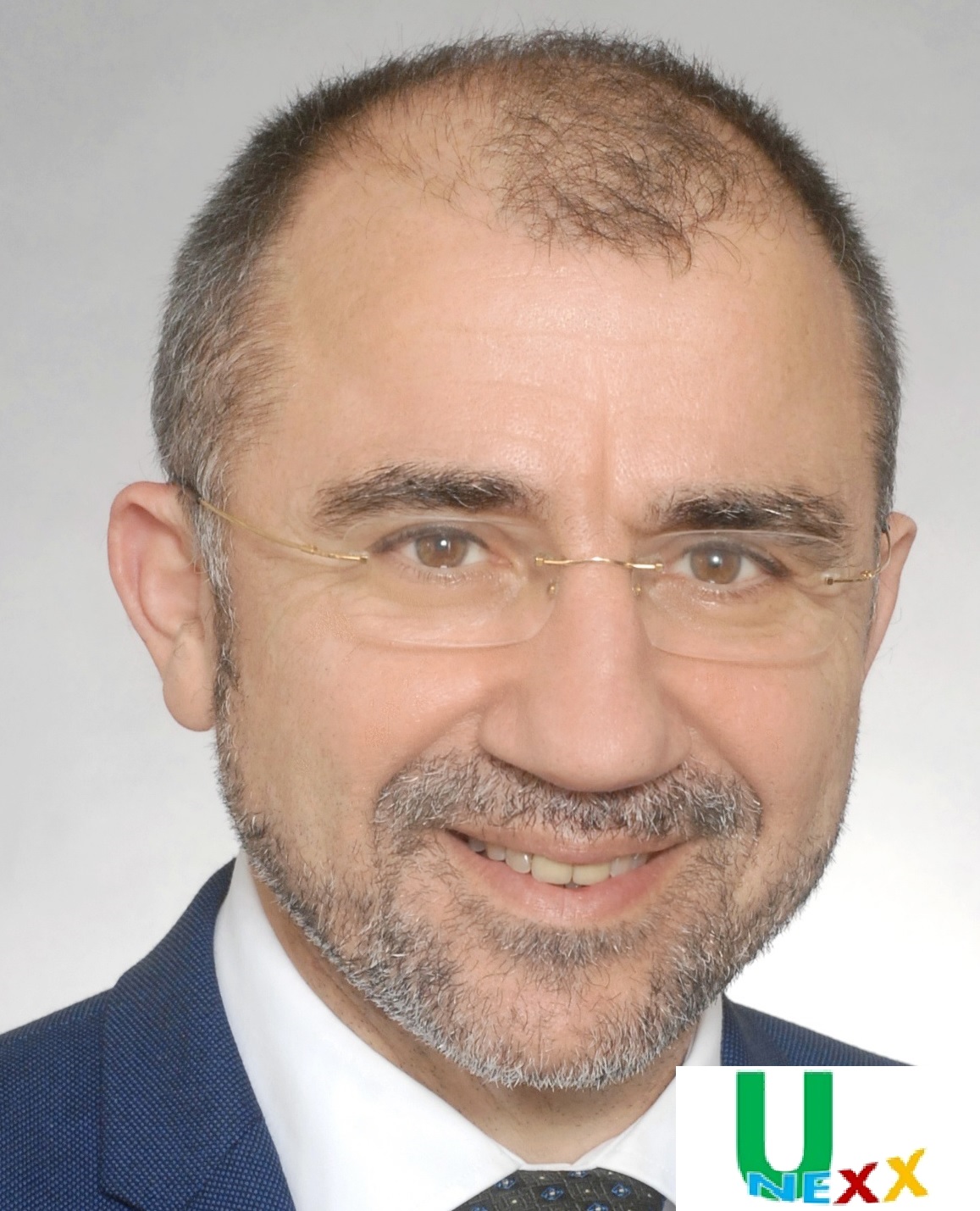 If France does not transform its economy in depth, the financial crisis sounds the start of repeated crises. This transformation will not be the result of technical measures, but a radical change of mindset, behavior, know-how on the part of all stakeholders because the economies of the future will be economies of cooperation.
If France does not transform its economy in depth, the financial crisis sounds the start of repeated crises. This transformation will not be the result of technical measures, but a radical change of mindset, behavior, know-how on the part of all stakeholders because the economies of the future will be economies of cooperation.While we are going through one of the most serious financial crisis in history that contaminates all economic activities, we still have before us the thick walls against which the other day when our blind and unbridled race to growth-happiness will crash: aging poputlation, public health, dependency, pollution. Our elites employ a method that seems borrowed from the fire station of the eighth arrondissement of Paris, which is a stopgap “to save” or rather limit spending to what is necessary, which leads, nevertheless the deficits. Indeed, during the presidential campaign that just ended, have we not had discussions on accounting amounts that in view of the walls that lie ahead can only increase, even if proportions deserve to be controlled?
A light point in the consciousness of some who begin to advocate a re-industrialization of France. However, the potion is still dark, when it is not translated into budget lines or if they promptly doubt its effectiveness. Others recall with great horns that they are the flagships of the French economy and with some additional resources, they will restart the machine. This is for example the Andromède project of the French Cloud funded by the FSI (French Strategic Investment Fund). The project was viable it would have without difficulty, given the actors, secured funding or private, is it, and funding would be cheaper. In any case, the famous mid-sized SMEs that everyone is calling for have not been associated, or will they, as usual, the subcontractors who actually perform the tasks.
Finally, France is an orphan. In the 50s, she had a vision of economic development: engineering, industry, information technology, space weapons. The elite had a vision and hand levers that moved the entire country. In the 80’s a profound change in the global industrial economy occurred. We had the steel crisis. The elite repositioned on niche activities and for the rest on running the country in service activities. Today, she would have a vision, it would not concern levers able of driving all over the country. France is the orphan of a vision, each actor in economic claims it, but it is his own only.
The diagnosis is difficult because it also concerns the champions of today, as it relates to what for years we did not know how to deal with and, somehow, on what we have been silent. We can celebrate our successes as well-trained engineers in the world, technological advances in some areas – nuclear power, electric cars, … – Yet, we must confront a situation that challenges the very foundation of the economic functioning of France.
Why for over 20 years, France has contributed to major discoveries that underpin the technological world and has not developed significant activities in these areas? Why are these small, mainly family-owned, enterprises will neither make a profit or grow? Why then the ability to export is essential that our ports, in the 70s, could be European champions, have seen their activities supplanted by those of Rotterdam? Why in areas where we are champions, leaders are opposed so that they endanger the activity?
Yes diagnosis is difficult, and the potion enven more because we have to radically change. We must assess existing value chains and new ones beginning to form, in order to find positions befitting France. Obviously, most of our strategists are already at work, except that they must change their mindset and identify fruitful collaboration. The main strategy should be to become the biggest hope for an entire market through economies of scale, but must develop the ability to cooperate with others as equals to maximize value delivered to customers.
It should also bring out these players of intermediate sizes that do not exist. Why not appraise industrial elites when they create these companies, rather than appointing them to head the CAC 40 groups? And workers must also be involved because the flexibility of this new economy will not be achieved without them and without sharing with them some benefit.
Finally, there is the difficult question of training which, for 15 years, is a money pit inconclusive. Companies saw it as a task for civil society that it is unable to value, let alone adapt to real needs, this is testified by the modest apprenticeship taking off while teachers are very good . The question arises in the same terms for the Research.
In this global economy based on cooperation, we also need to transform and build a new french economy of cooperation. We must all change our mindset, we put them side by side to identify potential cooperation and benefits, not being afraid of each other. The State may have a role to play in ensuring the balance when the size of actors disproportionate. We must also stop cursing us, make us feel guilty and each other, as on working time: French workers have a productivity rate among the highest in the world because they carry a lot more hours than is declared.
The challenge to fundamentally transform the way our economy and the training of our citizens give us the means to manage the issues of aging, public health, dependency and pollution which, incidentally, are not foreign to the decline in confidence in the State. Would resource to devote be unaffordable? This is the change which is important in that it bears fruit, restores confidence, and so attracts more and more resources.
Last thing, for successful cooperation things must be thoughts as systems, that is to say taking into account what connectw them and what makes them growing together, not what they are.
I am a specialist in enterprise business transformation in technological environments. I do not understand why these businesses focusing on cooperation are not as developed in the major French companies. However, Daniel Krob , head of the Chair of systems architecture at the Polytechnic School, said that the skill of the twenty-first century, our century, will be Architecture.

